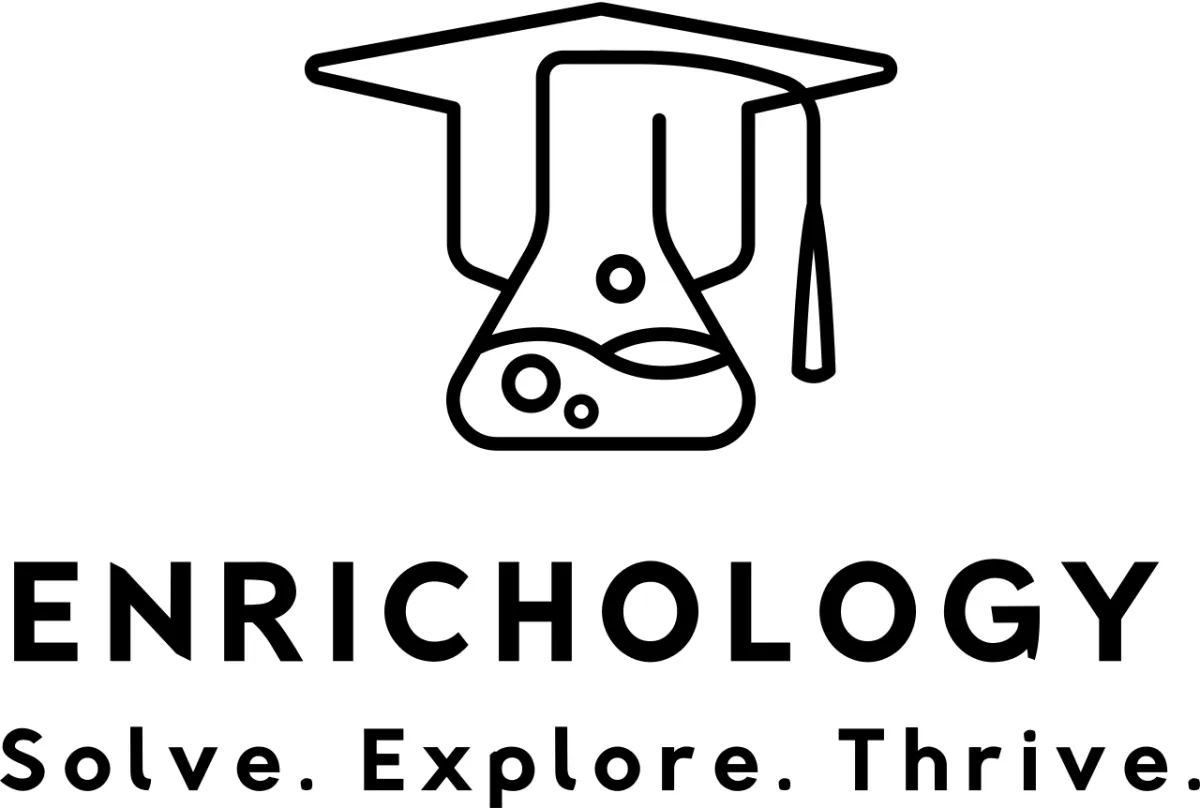
The Secret to Better Grades? Start Using Metacognition to Promote Learning at Home
The Secret to Better Grades? Start Using Metacognition to Promote Learning at Home
Parent: “How was school today?”
Student: “Good.”
Parent: “What did you learn?”
Student: “Nothing.”
And just like that, your adolescent disappears into their sanctuary—whether it’s their room, a friend’s house, or their headphones. Sigh. Foiled again.
But no longer!
Ladies and gentlemen, there’s a way to circumvent this “Groundhog Day-esque” loop. What if I were to tell you that your adolescent wants to talk and share their knowledge with you? What if I told you that discussions with you—their parent—are actually a key piece of their education in all subjects, including math and science?
The secret sauce? It’s simpler than you think: using metacognition to promote learning. By encouraging your student to reflect on their own thinking, articulate their understanding, and connect concepts to everyday life, you can transform their approach to learning.
Why Student-Led Discussions Work
Research shows that talking about content reinforces learning and builds connections in the brain. When students articulate what they’ve learned in their own words, they engage in metacognition—thinking about their thinking. This process helps them evaluate their understanding, identify gaps in knowledge, and build strategies for improvement. It’s like giving their brain a workout—strengthening neural pathways and boosting retention.
Plus, when discussions happen at home, students feel safe to express ideas, make mistakes, and ask questions. This fosters a growth mindset and builds confidence to participate in class or tackle challenging subjects like math and science.
How to Incorporate Academic Discussions into Everyday Life

Tie Vocabulary to Real-Life Situations
If your child is studying geometry, ask how shapes relate to everyday objects around the house.
Discuss science concepts during a cooking session (e.g., the chemical reactions behind baking).
Use vocabulary words naturally in conversations to encourage familiarity and confidence.
Encourage Questions and Curiosity
Instead of asking, “What did you learn?” try questions that spark deeper thinking, such as:
“Why do you think that happened?”
“What evidence supports your answer?”
“How would you explain this concept to a younger sibling?”
“Can you think of another way to solve that problem?”
These Socratic-style questions encourage critical thinking, help students make connections, and deepen their understanding.
Spark curiosity by connecting school topics to their interests. For example, if they’re learning about history, discuss how it ties to their favorite TV shows, games, or books.
Let Them Lead the Conversation
Resist the urge to “correct” or dominate the discussion. Ask open-ended questions like, “Can you tell me more about that?” or “How would you explain it to someone else?”
When your student is teaching you, they’re solidifying their understanding and practicing metacognition.
Make It a Habit
Set aside regular times to chat—during meals, car rides, or even a quick walk.
Keep it light and fun; the goal is connection, not interrogation.
One Key Thing to Remember
As you engage in these discussions, refrain from communicating derision, inferiority, or anything that might discourage your student from sharing—whether through your words or body language.
Remember, your child is learning, and growing pains are part of the process. They want to show you they can do it, but sometimes they hesitate because they fear exposing their naivete.
Be their number one cheerleader. Celebrate their efforts, even when the answers aren’t perfect, and let them know you believe in their ability to grow and succeed.
The Payoff: Building Skills for Life
By incorporating student-led discussions into your routine, you’re not just helping your child academically—you’re equipping them with lifelong skills. They’ll improve their vocabulary, learn to think critically, and gain the confidence to express themselves clearly.
Best of all? Using metacognition to promote learning strengthens your student’s ability to think deeply, understand concepts, and solve problems in real-world situations.
Good luck cooking, Sous-chef!
(Pssst… cooking is an awesome way to work in conversations about math… just saying.)
Want more personalized tips and strategies to support your student’s success?
Schedule a free consultation today to learn how we can work together to empower your child’s learning journey. Click here to book your spot!



